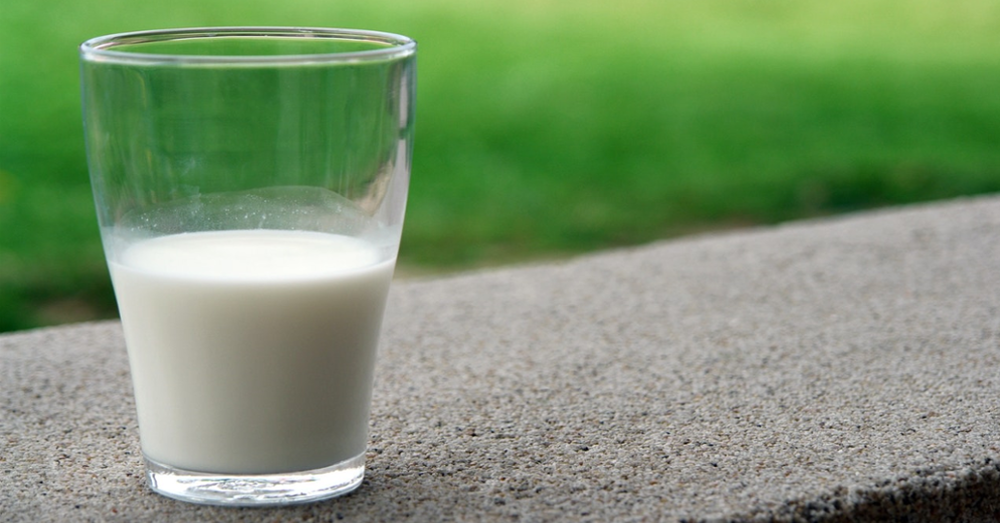
How Organic Is Your Organic Milk?
So, you're familiar with the problems associated with conventional pasteurized milk and you've started buying (and paying more for) organic milk instead. If you think you're doing your health a great favor, you may be shocked to find out some organic milk brands contain omega-3-rich oil made from corn syrup-fed algae.
June 20, 2017 | Source: Mercola.com | by Dr. Joseph Mercola
So, you’re familiar with the problems associated with conventional pasteurized milk and you’ve started buying (and paying more for) organic milk instead. If you think you’re doing your health a great favor, you may be shocked to find out some organic milk brands contain omega-3-rich oil made from corn syrup-fed algae. As noted by The Washington Post:1
“‘DHA Omega-3 Supports Brain Health,’ according to the Horizon cartons sold in supermarkets around the United States. What the Horizon milk carton doesn’t advertise is that some of its contents were brewed in closed stainless steel vats of Schizochytrium.
This omission avoids any ick reaction from shoppers, but consumer advocates say it also dodges a key question: Is milk supplemented with an oil brewed in a factory really ‘organic?’
‘We do not think that [the oil] belongs in organic foods,’ said Charlotte Vallaeys, a senior policy analyst, at Consumer Reports. ‘When an organic milk carton says it has higher levels of beneficial nutrients, like omega-3 fats, consumers want that to be the result of good farming practices … not from additives made in a factory.'”
Low-Fat Milk Does Not Belong in a Healthy Diet
Even more ironic, in an effort to appease two divergent health notions — the low-fat myth and omega-3 for brain health ideology — some “organic” milk manufacturers will remove the healthy, naturally-occurring fats and replace them with algae-generated DHA oil, creating a high-DHA fat, low-dairy fat product.2 This same DHA has been previously removed from infant formulas or baby foods certified as organic, due to health concerns.
While I do not recommend whole organic milk for the fact that it’s been pasteurized, low-fat versions are even worse since you’re now forgoing some of the best parts of the milk — the milk fat. Recent research has actually linked low-fat dairy consumption to an increased risk of Parkinson’s disease.3
Compared to people who drank less than one serving of low-fat dairy per day, those who drank three servings or more increased their chances of developing Parkinson’s by more than one-third. Worst of all is reduced fat chocolate milk — with or without added DHA and vitamins — as the second ingredient is added sugar!4
If you want to drink milk, I recommend getting raw grass fed milk — milk from cows raised on pasture under organic conditions that is not pasteurized. The good news is, the American Grassfed Association (AGA) recently introduced much-needed grass fed standards and certification5 for American-grown grass fed dairy, which allows for greater transparency and conformity.
